According to a ministry statement, FM Peter Szijjarto, speaking at a working breakfast with ambassadors of EU member states in Budapest, emphasized that the continent faces enormous challenges in an increasingly fast-changing world.
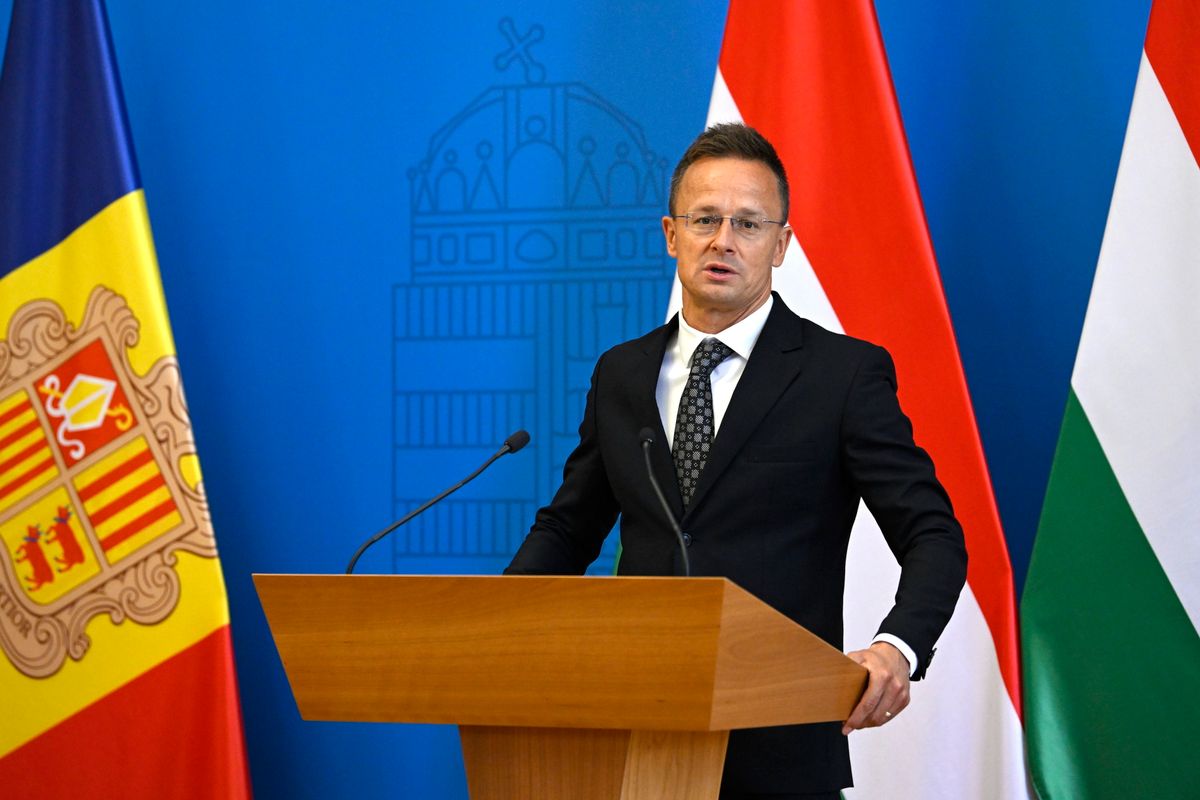
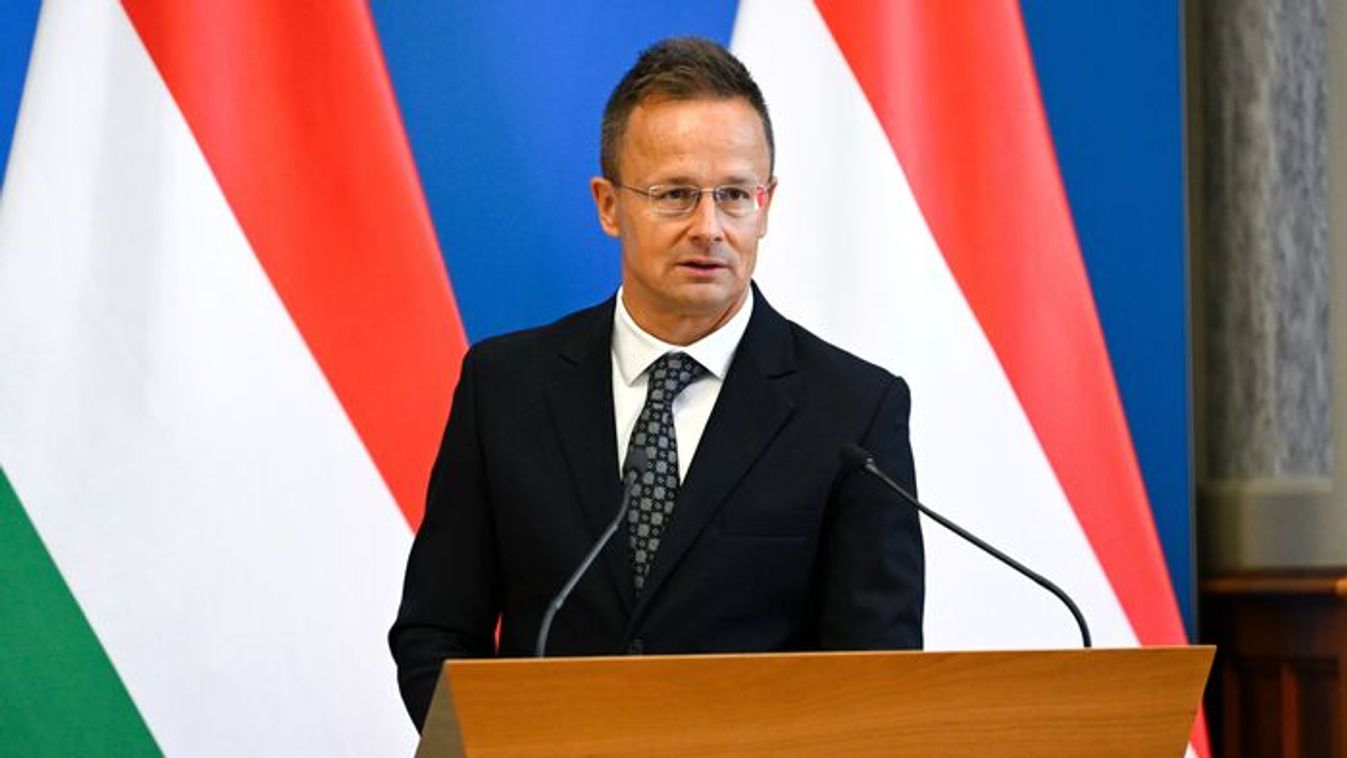
According to a ministry statement, FM Peter Szijjarto, speaking at a working breakfast with ambassadors of EU member states in Budapest, emphasized that the continent faces enormous challenges in an increasingly fast-changing world.

As examples, Mr. Szijjarto cited the growing pressure posed by illegal migration and the collapse of European competitiveness — developments that he said are particularly damaging for Hungary’s export-oriented economy. He highlighted that, with the exception of the COVID-19 pandemic years, Hungary has broken investment records every year since 2014, thanks in part to government-provided incentives. In this context, he argued that the European Commission imposes unnecessary restrictions on member states in this area, noting that in reality, there should be no need for Brussels’ approval for such investment support, since these are purely national budgetary resources. He also criticized the EU for having failed to conclude a single investment protection agreement with any third countries in recent years, and said that member states should regain the right to sign bilateral deals. Addressing the Zelensky Plan, FM Szijjarto said it would completely destroy Hungary’s energy security and competitiveness. He stressed that the Hungarian government’s stance has nothing to do with any other country — it is a matter of physical reality, as the proposal involves shutting down energy sources instead of ensuring the desired diversification.
To be perfectly honest, I don’t care what the Russians think of our position. And this is true more broadly. I don’t care what Burkina Faso thinks, and I don’t care what Australia thinks either. We oppose the REPowerEU concept because it goes against Hungary’s national interests,
– he declared. Speaking at an event organized by Denmark, the current holder of the EU's rotating presidency, Mr. Szijjarto pointed out that Russian energy imports to Europe have now dropped by 85 to 90 percent. As a result, he said, it is no longer true that Moscow holds major leverage over the continent through energy supply—meaning the political goal has already been achieved. Therefore, there is no need to end imports entirely and put any country’s energy security at risk. He underlined that eliminating Russian crude oil and natural gas from the mix would multiply household utility bills in Hungary.
We, Hungarians, cannot be accused of not trying to diversify our sources,
– he continued, explaining that Hungary, as a landlocked country, is in a much more difficult position than many others. He noted that Hungary has already interconnected its energy grid with six of its seven neighboring countries, but a lack of infrastructure investment on the part of others has left overall capacity insufficient.
For me, energy supply has nothing to do with politics — it’s a question of mathematics and physics. And again, if we had done nothing, then the criticisms — no matter where they came from — might have been justified. But we’ve done everything: we’ve spent billions and tens of billions of euros on interconnection, and we’re still in this position. So we are asking for greater understanding,
– he said. Mr. Szijjarto also rejected arguments that Hungary is financing the Russian war machine, pointing out that EU member states imported record volumes of Russian liquefied natural gas last year. Finally, he addressed the issue of Ukraine’s EU accession, firmly stating that the Hungarian government strongly opposes it. He added that Hungary has come under heavy attack for this stance, while several other member states have blocked Western Balkan enlargement for years — yet are not branded Russian puppets or the “gravediggers” of European unity.
Cover photo: Peter Szijjarto, Minister of Foreign Affairs and Trade (Photo: MTI)
Összesen 0 komment
A kommentek nem szerkesztett tartalmak, tartalmuk a szerzőjük álláspontját tükrözi. Mielőtt hozzászólna, kérjük, olvassa el a kommentszabályzatot.
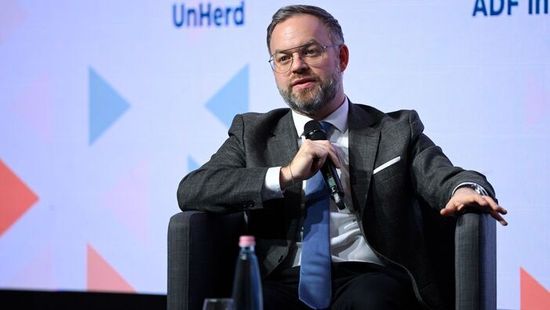
Brussels is pleased.

The Tisza Party has succumbed to the Brussels–Berlin–Kyiv axis.
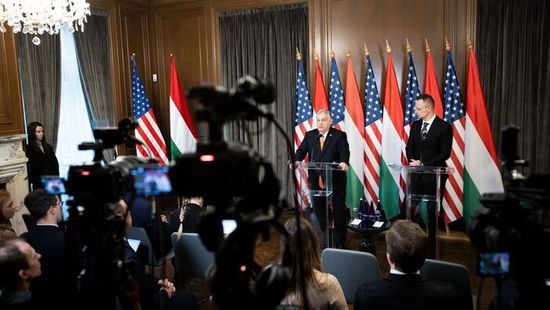
The Prime Minister is arriving for the airport cornerstone ceremony.
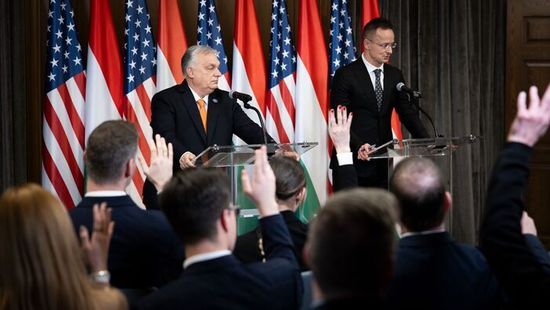
Donald Trump praised the Hungarian Prime Minister and assured him of his full support.


Brussels is pleased.

The Tisza Party has succumbed to the Brussels–Berlin–Kyiv axis.

The Prime Minister is arriving for the airport cornerstone ceremony.

Donald Trump praised the Hungarian Prime Minister and assured him of his full support.

Portfóliónk minőségi tartalmat jelent minden olvasó számára. Egyedülálló elérést, országos lefedettséget és változatos megjelenési lehetőséget biztosít. Folyamatosan keressük az új irányokat és fejlődési lehetőségeket. Ez jövőnk záloga.
Szóljon hozzá!
Jelenleg csak a hozzászólások egy kis részét látja. Hozzászóláshoz és a további kommentek megtekintéséhez lépjen be, vagy regisztráljon!